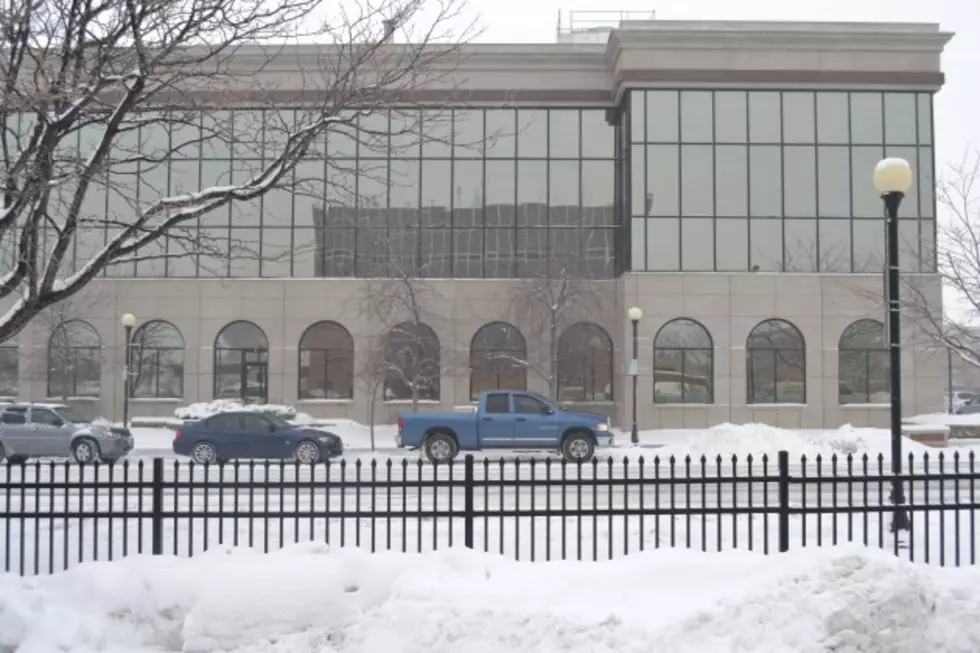
No Long-Term Solution to Greek Crisis
~~By Sven Larson~~
11/21//2012
A reader recently asked what Europe should do to save itself. That is an extremely important question, and I am working on an article to address it. I should have it ready in a day or two.
In the meantime, it is time to take another trip to Greece, where nothing has changed for the better. Just over two weeks ago I reported that Greece was on the verge of an uncontrolled bankruptcy. That bankruptcy scenario is as real today as it was then, and its consequences would be just as terrifying. The Greek government has been in frantic talks with the EU, the ECB, the IMF and treasury secretaries of other euro-zone countries to avoid an otherwise imminent bankruptcy. Unfortunately, those talks are running into stumbling blocks, but even if they result in a solution for now, that solution is only going to exacerbate existing problems. The debt reduction plan that is supposed to take the Greek debt down to 120 percent of GDP by 2020 or 2022 demands more destructive austerity policies, the same policies that have already done so much damage to the country’s economic, political and social stability.
And that is, again, if the parties involved can agree on their long-term plan for Greece. Of more immediate concern is the acute situation where Greece needs tens of billions of euros just to continue to pay its immediate expenses. The Economic Times reports (thanks to Greece Crisis for tip):
Eurozone finance ministers and the IMF are still far from a deal on releasing rescue funds to Greece because of disagreement over Greece’s debt pile, a source close to failed overnight talks told AFP on Wednesday, contradicting France. “We are really not close to an agreement,” the source who declined to be named said after eurozone ministers and the IMF failed in talks in Brussels which went into the early hours of Wednesday morning.
The immediate problem is that the Greek government runs out of cash before Christmas. It has nowhere else to go for money than to the EU-ECB-IMF troika. They have conditionally agreed to lend another 31.5 billion euros – the problem is that the conditions must be palatable to all parties involved. As The Economic Times explains, that has not yet happened:
The talks, lasting 11 hours, were unable to agree on releasing the latest instalment of rescue funding needed to save Greece from bankruptcy and which are tied to approved new austerity measures, because of the related issue of managing the huge Greek debt mountain. The source told AFP that the talks, attended by the director general of the International Monetary Fund, Christine Lagarde, and the president of the European Central Bank, Mario Draghi, were stuck on the issue of how to ensure that Greek debt is sustainable in the medium term.
Most of the resistance to an immediate deal comes from the IMF:
The IMF was insisting that measures be agreed to ensure that the ratio of Greek debt to output be reduced to 120 percent by 2020 from an expected figure of 190 percent, the source said. Currently, the IMF “is refusing to sign an agreement which it considers to be unrealistic,” the source said.
Euractiv has more details, including information on how the troika wants Greece to reach its debt reduction goal:
“To bring the debt ratio down further, one needs to take recourse to measures that would entail capital losses or budgetary implications for euro area member states,” the document [from the latest meeting] says. “Capital losses do not appear to be politically feasible and would jeopardise, at least in a number of member states, the political and public support for providing financial assistance.”
Capital losses means, simply, that lenders forgive some of the loans they have given Greece. This has been tried before, with the only outcome being an even worse credit rating for the troubled country.
And now for the most contentious point. Euractiv again:
[Eurogroup chairman Jean Claude] Juncker said at a meeting a week ago that he wanted to extend the target date to reduce Greek debt by two years to 2022, but [IMF president Christine] Lagarde insists the 2020 goal should stand. The view of the IMF, which has played a role in both Greek bailouts so far, is critical since it provides international legitimacy and credibility for the efforts the eurozone is making. If the IMF were to withdraw its support for the bailout programmes, it could have a deeply damaging market impact.
That’s putting it nicely. If the IMF pulls out, there will no longer be any U.S. sourced funds available. That would leave the EU and the ECB to fund the entire Greek crisis on their own, which in all likelihood would bring about a bankruptcy or at least a massive debt default (which is almost the same thing as a bankruptcy). That, in turn, would probably force the other euro zone countries to expel Greece from the currency union.
A forced exit, as opposed to a voluntary one, would send shock waves through what is left of the Greek economy. It is an entirely open question whether or not the Greek parliamentary democracy could survive such a shock.
All this, again, depends on whether or not the debt talks would break down and the IMF walk away from the deal. According to the Economic Times and Euractiv, that possibility is not insignificant. At the same time, the Financial Times has a somewhat more optimistic view (no-cost subscription required):
Officials said the IMF, which has clashed publicly with the eurogroup recently over providing financing for Greece, continued to resist prematurely giving its assent to a package that did not fill the financing gap. But it did not insist on a rigid target of reducing Greek debt to 120 per cent of GDP by 2020 – a point that recently sparked a public spat between Christine Lagarde, the IMF’s managing director, and Mr Juncker. The IMF argued more generally that the debt burden needed to be on a sustainable medium-term path, officials present said. … Ms Lagarde left the meeting saying that while the gap had closed, “we are not there yet”. “It is progress but we have to do a bit more,” she said.
The fundamental problem remains, though: the troika, as well as the euro zone member states, are all still pushing for the same old policy measures in order to bring down the Greek debt. That means higher taxes and less government spending, with increasingly harmful across-the-board slashes to entitlement programs. As implied by the Financial Times, when these measures have been put to work over the past few years they have only resulted in a reinforced recession – which in turn has moved the debt reduction goal post:
Greece’s debt burden has ballooned since the last bailout deal in March because the country’s recession has been deeper than expected and because privatisation plans have failed to get off the ground. Greek debt is now expected to peak at 190 per cent of GDP by 2014. Furthermore, an agreement last week to extend Greece’s bailout by two years, giving Athens more time to hit austerity targets, requires an additional €15bn in financing that will further add to the country’s debt pile.
Even if the debt talks result in the release of the emergency funds of 31.5 billion euros, the Greek disaster is going to continue to unfold. Furthermore, under the best circumstances the debt talks will only result in more austerity, be it over a shorter or longer period of time, and that in turn will only mean further depression of the economy. No upturn in sight, in other words.
Published by permission of Sven Larson and 'The Liberty Bullhorn'
More From KGAB









